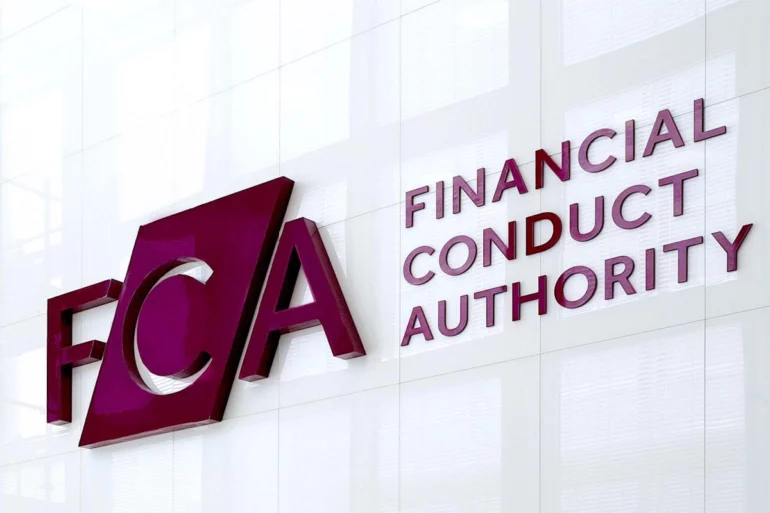The regulator rightly has its sights set on the role of social media in propagating inaccurate and misleading information relating to finances as well as rogue financial promotions.
Social media is a blessing and a curse. It provides a platform to share opinions and there is some good material out there, but there is also garbage content that frankly shouldn’t see the light of day.
The advent of so-called finfluencers is a headache for the city regulator. The credentials of many so-called finfluencer are weak at best – if they exist at all. But there are also a number of well-versed and highly qualified financial professionals on social media offering solid guidance.
Meanwhile, it difficult to use the internet without encountering something that looks like a scam advert. And there are also malicious ads that aren’t easily discernible, which makes surfing the web a minefield.
The difficulty for the uninitiated is sifting the wheat from the chaff. The concern is those who experienced a baptism of fire by losing money on by making risky investments after seeing a misleading or scam ad could be put off investing for life and scupper financial goals.
The rule of thumb is to always take financial advice – relating to investment in particular – on social media with a pinch of salt and always check the credentials of those giving the advice. It is important to use trusted sources when doing your research. The fact remains that if something seems too good to be true, it probably is.
Myron Jobson is senior personal finance analyst at interactive investor



